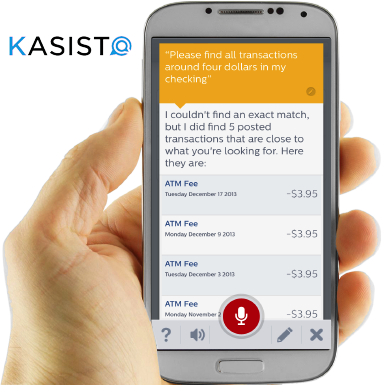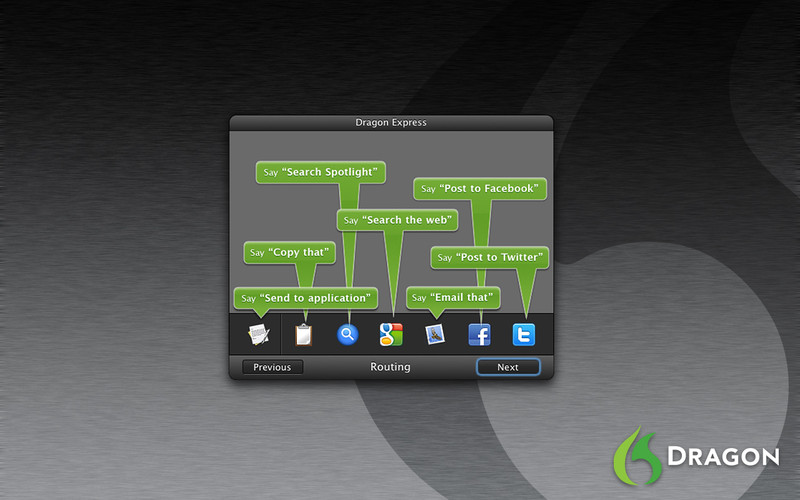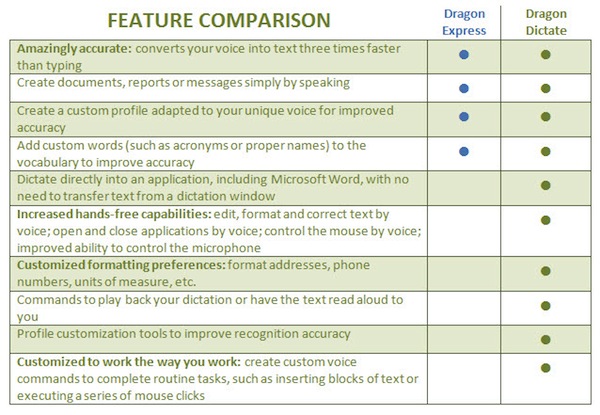
Creators of Siri launch next-gen Kasisto personal assistant technology for businesses
 SRI International, the team behind the technology that later became Apple’s Siri voice assistant feature in iOS, today announced a new product that it says “aims to improve the consumer experience on mobile devices through intelligent conversation.” Kasisto will be a similar intelligent voice assistant but the company will open it up to business customers to integrate into their own apps:
SRI International, the team behind the technology that later became Apple’s Siri voice assistant feature in iOS, today announced a new product that it says “aims to improve the consumer experience on mobile devices through intelligent conversation.” Kasisto will be a similar intelligent voice assistant but the company will open it up to business customers to integrate into their own apps:
“Virtual personal assistant technology has revolutionized consumer interaction with mobile devices,” said Norman Winarsky, Ph.D., vice president, SRI Ventures. “Now consumers expect a more human-like experience when interacting online. Kasisto represents a new user experience—one that is context aware, personalized, and more effective.”
The company says Kasisto will allow businesses to integrate the virtual personal assistant features into mobile apps in days or weeks intend of months while greatly decreasing the costs currently associated with similar technologies. “It is context-aware and provides text, touch, and speech modalities, and natural language understanding and reasoning. The platform also includes a powerful software development kit (SDK) for easy customization and integration into existing mobile applications.
You can learn more about Kasisto at the company’s website.

 (
(